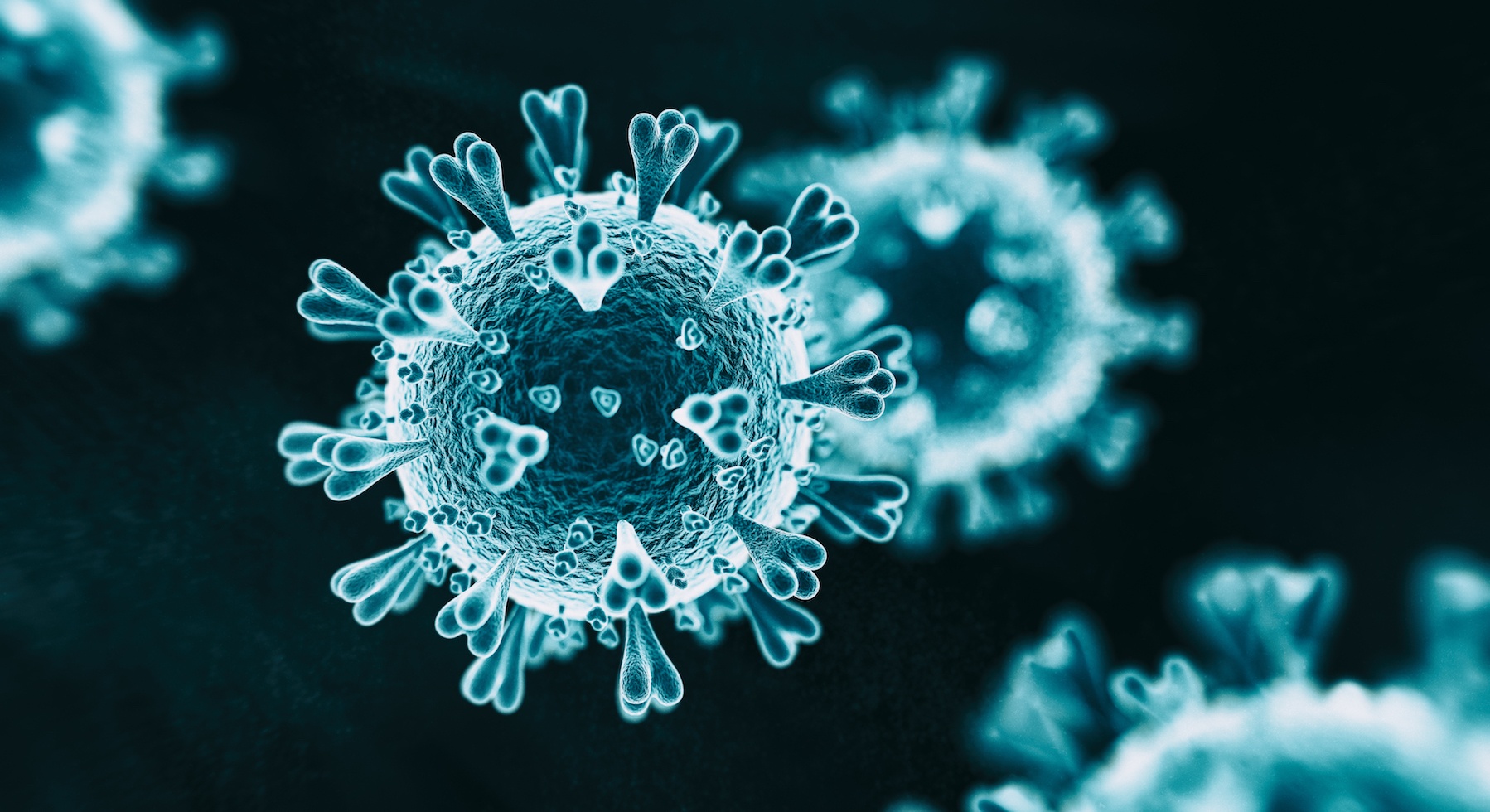Each week, OMRF President Dr. Stephen Prescott opens “Adam’s Journal” to answer a medical question from OMRF Senior Vice President and General Counsel Adam Cohen.
Adam’s Journal
I read about a new research study that seemed to link Covid-19 to autoimmune disease. Can you explain the connection? And are people with conditions like lupus at greater risk for complications from the virus?
Dr. Prescott Prescribes
Scientists have found that people who’ve recovered from Covid-19 carry proteins known as autoantibodies. Autoantibodies are characteristic of autoimmune illnesses like lupus and rheumatoid arthritis, and they are the weapons the immune system mistakenly turns against the body’s own cells in these diseases.
These new findings, which have not yet been published in a scientific journal, echo work that Dr. Judith James and other researchers at the Oklahoma Medical Research Foundation are currently doing. In particular, they’ve been looking at Covid-19 survivors from our state to understand what kinds of antibodies they’re carrying.
In dozens of these Oklahomans, James and her OMRF team have also found autoantibodies. But what all of this means is still being studied.
The autoantibodies may be part of a misguided immune response that exacerbates severe cases of Covid-19. It may also be a piece of the puzzle that explains why “long-haulers” continue to experience issues long after the virus has exited their bodies.
Some of the autoantibodies the researchers identified are associated with blood clotting, so this may drive some of the cardiovascular problems in Covid-19. The research could also carry important implications for treatment. The steroid dexamethasone, which has proven effective for treating Covid-19, is also prescribed by physicians for patients with autoimmune diseases.
Going forward, James and her OMRF colleagues will follow this particular group of Covid-19 survivors, with an eye toward whether they experience some permanent alteration in their immune systems — up to, potentially, the development of autoimmune diseases.
As for patients who currently have autoimmune diseases, despite their immunocompromised state, healthcare providers at OMRF have not seen evidence they are experiencing higher rates of severe Covid-19 than the general population. This mirrors observations in larger patient populations, where severe disease seems to be tied to co-morbidities and age rather than the underlying autoimmune illness.



